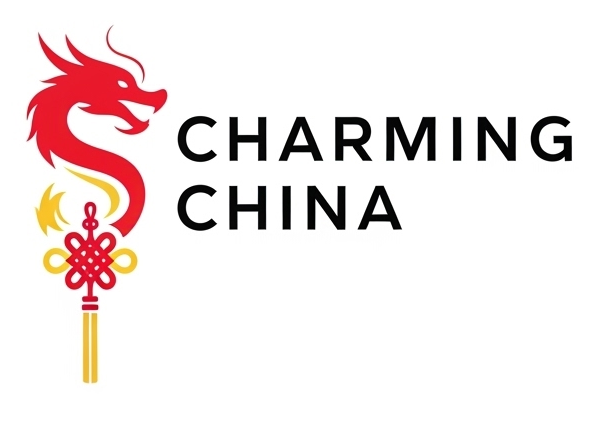Commemorative & Cultural Festivals
Commemorative and cultural festivals in China are deeply rooted in history, philosophy, and community values. These holidays go beyond seasonal rhythms—they pay tribute to legendary figures, promote respect for elders and teachers, and reinforce national identity. Whether racing dragon boats or climbing mountains to honor ancestors, these festivals connect people to their past and inspire reflection in the present. To commemorate is to remember with reverence. To celebrate culture is to live tradition with pride.
Dragon Boat Festival (端午节)
- Time: 5th day of the 5th lunar month
- Honors: Qu Yuan, a patriotic poet and statesman
- Traditions: Dragon boat races, eating zongzi (sticky rice dumplings), hanging mugwort leaves
- Symbolism: Loyalty, sacrifice, and cultural resilience
Double Ninth Festival (重阳节)
- Time: 9th day of the 9th lunar month
- Themes: Respect for elders, longevity, and autumn reflection
- Traditions: Climbing mountains, drinking chrysanthemum wine, visiting ancestors
- Symbolism: Rising above adversity and honoring age
National Day (国庆节)
- Time: October 1st (Gregorian calendar)
- Themes: Patriotism, unity, and modern identity
- Traditions: Flag-raising ceremonies, parades, fireworks, public performances
- Symbolism: Celebration of the founding of the People’s Republic of China
Teachers’ Day (教师节)
- Time: September 10th
- Themes: Gratitude, education, mentorship
- Traditions: Students give cards, flowers, and gifts to teachers
- Symbolism: Respect for knowledge and those who pass it on
Labor Day (劳动节)
- Time: May 1st
- Themes: Workers’ rights, social contribution, rest
- Traditions: Public events, travel, honoring labor achievements
- Symbolism: Recognition of the dignity and value of work
Cultural Significance
- Historical Memory: Many festivals commemorate real figures or legendary heroes whose stories shaped Chinese values
- Social Harmony: These holidays reinforce Confucian ideals of respect, duty, and collective well-being
- Modern Adaptation: While rooted in tradition, many festivals now include concerts, digital celebrations, and youth-led initiatives
- Educational Value: Schools and communities use these festivals to teach history, ethics, and civic pride
These festivals are not just days off—they’re moments of cultural affirmation.
Commemorative and cultural festivals in China are powerful expressions of identity, gratitude, and unity. They remind us that history lives not only in books, but in rituals, stories, and shared experiences. Whether honoring a poet or thanking a teacher, these celebrations keep the spirit of tradition alive.
